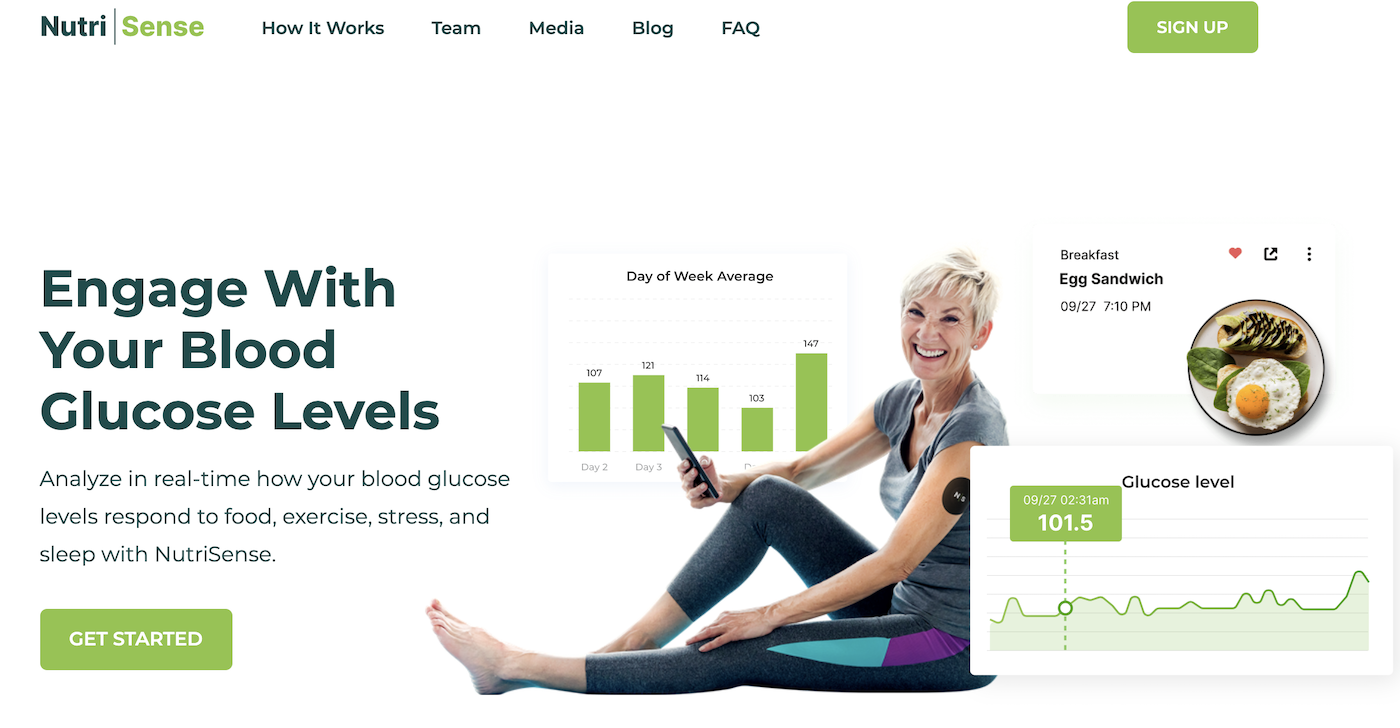Leveraging science and wearables to improve your health and fitness

Click here to view this newsletter in your web browser
Greetings all,
In this week’s episode of Ventures, I introduce a clip w/ Dave Feldman (https://twitter.com/daveketo/) from Episode 11 where we discuss lipoproteins, fasting, cholesterol, low-carb/high-fat diets, and exercise. With heart disease being the lead cause of death for humans globally, it’s important to understand the basic science behind various aspects of how the disease progresses. Plus, as entrepreneurs we talk a lot about “solving problems'', and it's hard to come up with a more pressing problem than this.
Check it out: Heart disease, fasting, and cholesterol: An introduction to basic lipidology :: with Dave Feldman
Health science & wearables
Lifespan and healthspan, diets and exercise, and overall health topics are inevitable conversation points that come up in daily life. I’ve written (and more recently, podcasted) extensively about various health science topics over the years and try to incorporate my past life in bioengineering research with experienced health care professionals and modern health science startups to help advise myself, my friends/family/colleagues/etc... how to think about various things that come up.
For example, Continuous Glucose Monitors (CGMs) are a fantastic way to learn how your body responds uniquely to various foods under prior conditions of sleep, exercise, stress, etc… I’ve used Dexcom G6 and Freestyle Libre wearables and - while at some point I’ll write up a full comparison between the two - Freestyle Libre seems to be more affordable/accurate. Startups like NutriSense that have built apps/services on top of CGMs that help you drill down on your data and talk with nutritionists along the way, which is almost certainly the future of preventative health care (at least, it should be!).
In addition, I’d highly recommend following the articles/podcasts of Dr. Peter Attia. He and his team consistently produce some of the best health and wellness material for science geeks out there. If you don’t have a doctor / health care team that can sit down with you and discuss what you are learning about health science from your own study and research, then - if possible - you should find professionals who will. Unfortunately, especially for those of us in the USA, we live in a world where to get decent health care you really have to take some serious initiative on your own.
Have a great rest of your week!
~Will